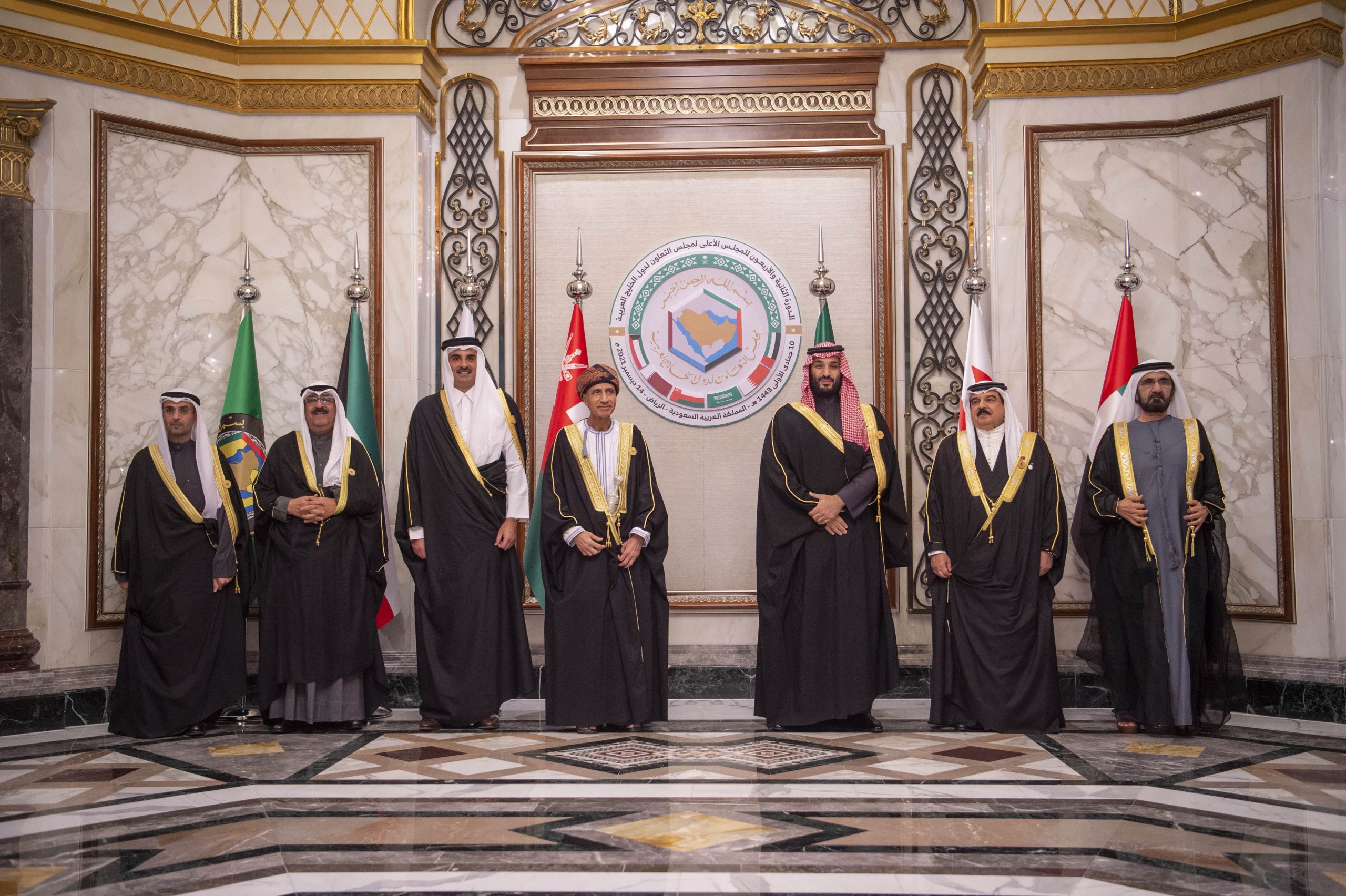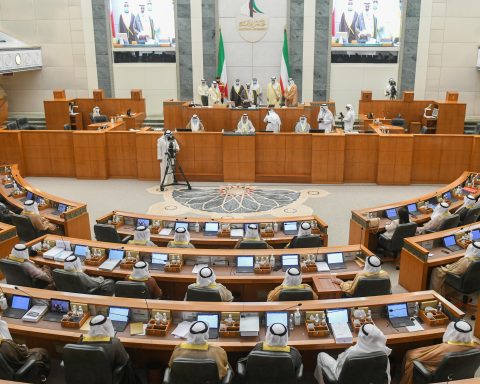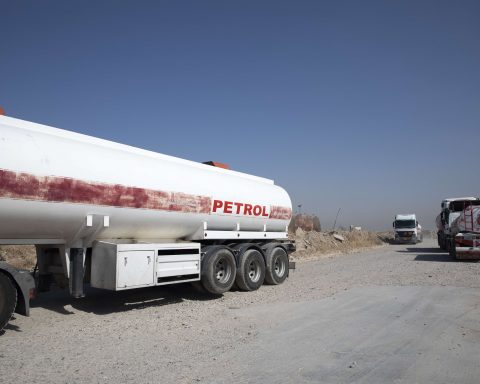Six member states of the Gulf Cooperation Council (GCC) gathered yesterday in Riyadh to execute the 42nd annual summit of the organization. The meeting took place at Diriyah Palace and was chaired by Saudi Arabia’s Crown Prince Mohammed bin Salman on behalf of King Salman bin Abdulaziz Al Saud. In the closure statement, read by the GCC Secretary-General Dr. Nayef Al Hajraf, the call for greater unity in the economy and security fields was a prominent topic.
The delegations of member countries which took place at the summit were headed by Qatar’s Emir Sheikh Tamim Al Thani, UAE Prime Minister and Dubai Ruler Sheikh Mohammed bin Rashid Al Maktoum, Bahrain’s King Hamad bin Isa Al Khalifa, Kuwait’s Crown Prince Sheikh Mishal Al Jaber Al Sabah, and Oman’s Deputy Prime Minister for the Council of Ministers Fahd bin Mahmoud Al Said.
Speaking at the closing session, the Saudi Crown Prince highlighted the significance of unity among Gulf countries against security threats the region faces, saying, “We continue to make all efforts to enhance security in the region.”
During the meeting, region-linked security issues were at the top of the summit agenda, including Iran’s nuclear program and developments in Yemen, Libya, Lebanon, Iraq, Palestine, Sudan, and Libya. In this sense, the Crown Prince added, “Saudi Arabia stresses the importance of dealing seriously with the Iranian nuclear issue. We stress the importance of Iraq’s stability, and the importance of reaching a political solution in Yemen.”
Regarding Iran, Saudi Foreign Minister Faisal bin Farhan made some comments after the meeting. Stating that his country closely follows the process of nuclear talks in Vienna, Faisal bin Farhan said, “Iran’s tough stance in Vienna is worrying.”
Furthermore, defining Iran’s nuclear advancement as the biggest threat that the Gulf countries perceive, the Saudi Foreign Minister added, “We want a long and comprehensive nuclear deal with Iran. We want to have a normal relationship with Iran, and that depends on them.”
In a closure statement, Secretary-General Al Hajraf called for joint cooperation on countering regional challenges and empowering the role of women as well as young people of the GCC countries.
The statement also highlighted joint defense by pointing out the principle that GCC member states agreed on, which “any attack on any of them is an attack on all, and any danger that threatens one of them is a threat to all.”
Al Hajraf stated that the GCC leaders attached great importance to coordination and integration of the member states’ foreign policies “that serve the aspirations of the people of the Gulf states and preserves their interests and gains.”
Implementing joint policies regarding strategic cooperation, which would ensure economic and development integration among the member states, was also highlighted in the statement. Climate change and cooperation for combating the COVID-19 pandemic were also among the topics highlighted in the final communique. To deal with the economic and social repercussions of such epidemics and diseases in case of occurring in the future, a need for developing similar regulations within the GCC countries was emphasized.
The 42nd GCC Summit is the first since the Gulf crisis was resolved in the previous summit that took place in Al Ula on January 5. Mentioning the Al Ula Declaration, the Saudi Crown Prince said, “We laud the commitment and solidarity that led to the success of the outputs of the Al Ula Declaration.”
Crown Prince Mohammed bin Salman visited his Gulf neighbors ahead of the summit. His Gulf tour was evaluated as an attempt to consolidate unity and solidarity among the member states.













